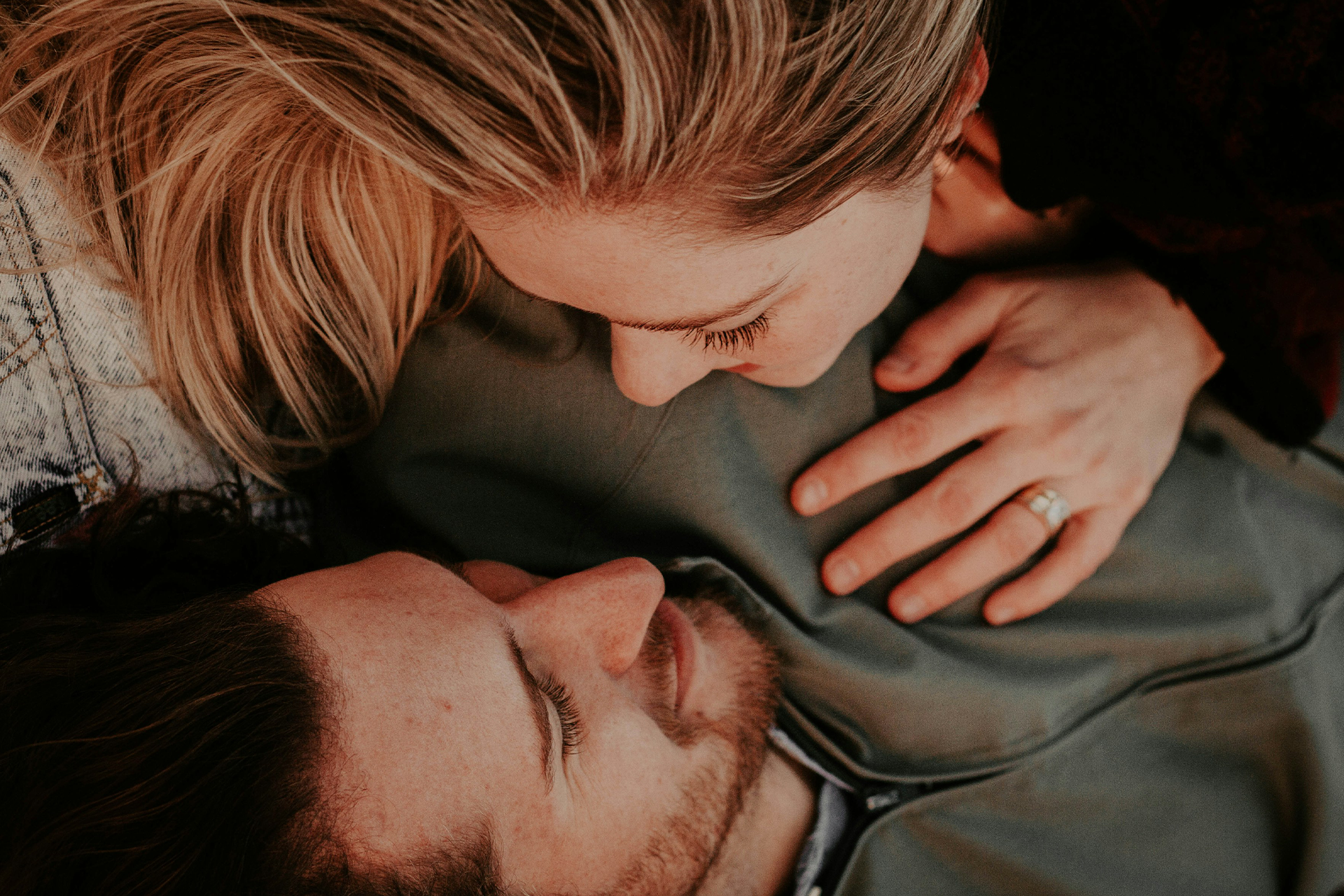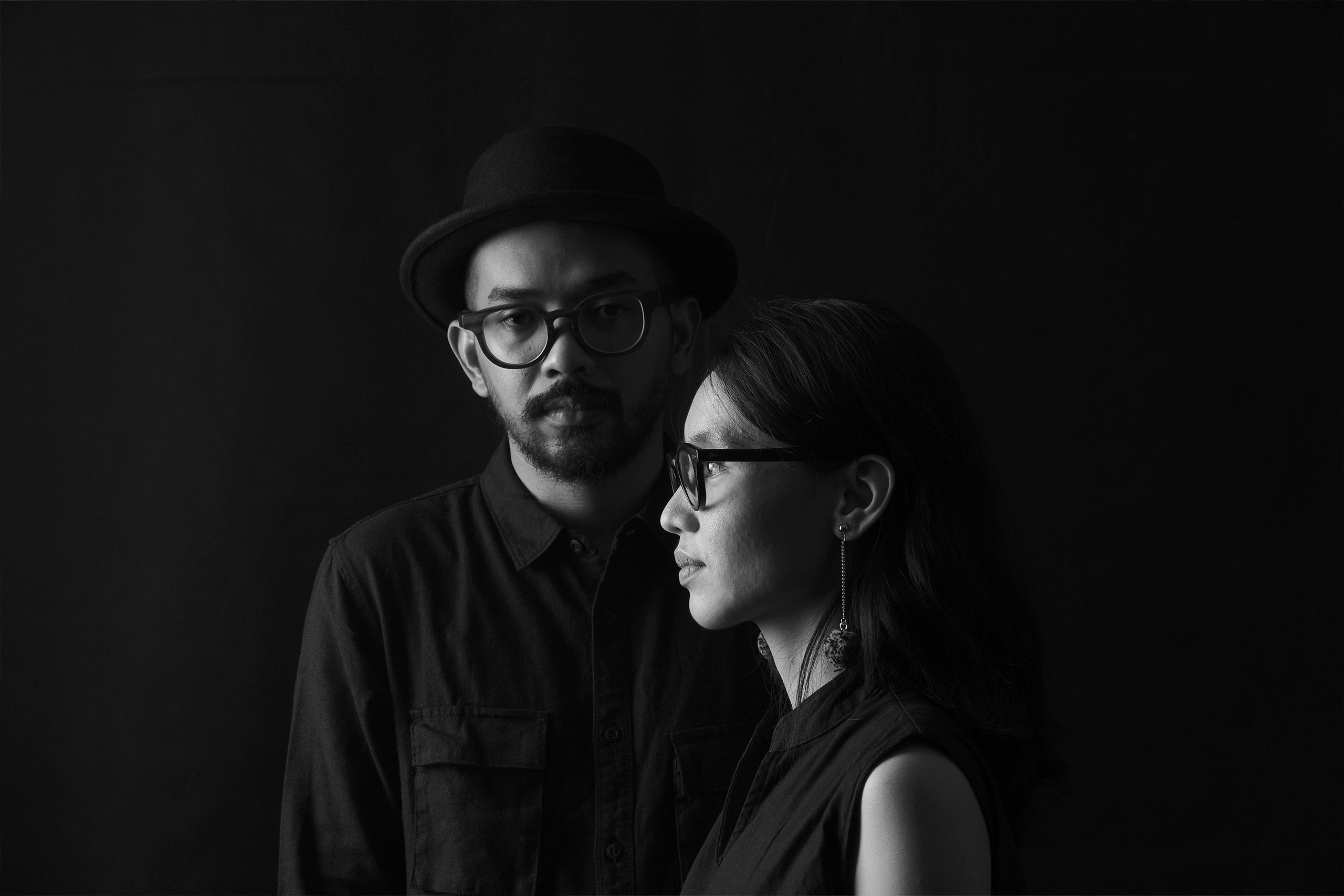I made this video to give prospective clients, and anyone curious about attachment-focused couples therapy, a chance to get a taste of how I, and others like me, help people feel more connected in their relationship.
I only have so many hours in the week that I can actually sit with couples – I wish I could see everyone who reaches out to me! Maybe this video, and the ones to follow, will be of value and service beyond the reach of my private practice.
Hope it helps you in some small way.
We are all longing to be loved, longing to feel safe and securely snuggled under mother nature's security blanket (our ability to emotionally bond with another). The part of you that needs love the most is not a weak or needy part, it is actually the best part of you and the part of you that most deserves love. Be kind to yourself and others. You deserve it, we all do!
Love Matters Transcript
“What is love?”
Figs: The main theory that my work is based off of is attachment theory. Attachment theory is the best theory we have of what love is. In short, love is an emotional bond. We’re all subject to the needs of being attached, emotionally bonded, with a primary other from the cradle to the grave. That’s a quote by John Bowlby, the guy that actually came up with attachment theory. Most people don’t have a problem with understanding the cradle part.
[00:01:00]
It makes sense that when you are born, your primary needs at the moment you’re born is not food and water, or food and shelter. Your primary need is to have a good enough other on the other side of your birth, right? Pop! Out you come, right? Your brain is hardwired and structured to expect there’s going to be another person on the outside of your birth, just waiting for you, that’s going to love you and feel like you’re enough for them. You need that. You really need it, like having someone say, “Oh my God, I’m so glad you’re here. I’m here for you and you are enough for me.” They’re going to hold you and they’re going to hold you to their body. That’s the most important thing we have.
[00:02:00]
Now, if it’s not there, your entire organism, this human organism, is hardwired to flip out. It’s like, I am under a serious threat. Where are you, good enough other, right? Your limbic system is going to start firing your reptilian brain, your amygdala and hypothalamus is going to shout, “Jesus, I’m under threat!” and you’re going to fight, flight or freeze, right? It’s why babies start crying. They’re not stupid. They’re really, really smart to cry if mom or whoever their primary caregiver is, is not there for them; or looks like they’re disappointed in them. They’re really smart to cry because they really need that person to love them if they’re going to survive in the world.
[00:03:00]
As you grow up and to the grave, nothing has changed. Nothing fundamentally has changed about your biology. If it looks like your primary attachment figure, the person you turn to for your emotional needs to be met, is either not there for you or is looking at you like you’re not enough for them, they’re disappointed in you, you’re going to freak out. It’s going to be really, really painful. Not that different from the way it’s so painful for a baby, right? Only a couple of differences. One is your primary attachment figure is probably no longer your mother. Let’s just say that’s a given, right guys? I’m assuming because you’re sitting here right now and you’re in a relationship that your primary attachment figure is no longer your mom.
“Your emotional connection is important to both of you?”
[00:04:00]
You’re each other’s primary attachment figures. You’re the one I’ve chosen to make sure I’m not alone in the world and that I always get to feel like I’m enough. If though, for a moment, in your relationship, it looks like one of you is looking at the other going, you’ve let me down / you’re not enough for me, or it looks like, “Oh my God, they’re not here. They’re not here in the way I need.” It’s going to really be very vulnerable for you. It’s going to really hurt, right? You ever experience that with each other ever?
“Do you ever feel abandoned or rejected in love?”
Do you ever have a moment where it looks like either a) it appears your partner is not there for you the way you need; or b) it looks like they’re so disappointment in me that I’m never going to be enough for them. I don’t know how to make them feel better right now. Do you ever have moments like that?
"Disconnection is hard for both of you."
Yes, these moments are really, really difficult, right? It’s really hard. It doesn’t matter that you’re grown ups now.
“Why do you hide your vulnerability?”
[00:05:00]
The other thing is you have developed strategies throughout your entire life to try and ensure you do not feel the pain of feeling rejected or abandoned. You probably really needed those strategies. When you were a little kid and you’re living in your family home and you felt abandoned or rejected, you couldn’t just get up and leave. You know what I mean? You have to adapt yourself to fit in with your family. You have to just find a way to fit in with your family, “Okay, well I guess, you know, I’m not going to get the exact love that I need, so I’m just going to have to compensate here. I’m going to have to make some changes.” Of course, now, those changes that you made, you don’t even realize you made any changes. You actually think this is who you are. If someone’s not there for you and you’re the kind of person that shouts and roars at them and says, “Look how you failed me!”, this is something you’d probably learned to do just as a way to survive, to protest when you needed love.
[00:06:00]
If you’re the kind of person that shuts down and turns inwards and just tries to deal with it yourself and doesn’t talk to your partner about how you’re feeling when you’re hurting and loved, it’s not the essence of who you are. It’s just a strategy that you’ve learned to do because you have to, to survive childhood; but now, as a grown up, when you, “I’m not feeling loved and I shout my roar to someone. I’m not feeling loved – I feel like I’m not enough for you and I shut down”, it’s not going to go very well with your partner. Your partner is going to flip out. Your reaction is going to make them feel their worse pain. “Oh my God, why are you withholding love from me?”
[00:07:00]
Then of course, when they’re in their worse vulnerable pain, “I’m all alone. It really hurts. Why are you withholding love from me?”, and they blame you or criticize you, it’s going to make you feel even more of your, “Oh my God, I’m not enough again. I’m powerless. I don’t know how to make it better; so now I’m even more evidence that I should shutdown or ignore them”; but if you do shutdown and ignore them, guess what they’re going to feel more of? They’re going to feel more abandoned. They’re going to feel more sad, more alone, more they’re too needy, and now they have even evidence in their mind that they should tell you how bad you are and look at the way you failed me, and on, and on, it goes, “Oh my God, I’m exhausted,” just even saying it. This is so tiring, right?
“Disconnection happens in all relationships (mine too).”
First thing I help people with is help them see the cycle, the system they’re in together; because if you can see the system you’re in together, there’s a chance that we can get you guys on the same team fighting a common enemy. There is an enemy to your relationship, but it’s not either of you.
The system is the problem, not either of you
[00:08:00]
I promise you. Yes, the system that it takes both of you to create is the problem. If you can see the system is the problem, then we have a chance to start making things better. It’s the hardest thing to do, by the way. Such a simple thing, but it’s the hardest thing to do. To be able to step off the stage of your life where the drama is unfolding, come take a seat in the audience and go, “Hey, hey, hey, come here. Look at these two. Oh Jesus, would you look at the pain these two are in, and everything they do keeps making it worse?”. Oh my God, that’s a disaster. The poor devils. Poor devils, oh, this is awful. Come here, come take a look at this. Ohh,all they want to do is be close to each other; but everything they do is making things worse right now.
So what now Figs?
[00:09:00]
Therein lies the solution. If we can see it that way, the tragedy of it, that the fight we’re in and how each of us are making things worse when we’re hurting, there’s a chance that we can soften and engage with each other, then de-escalate the fight and eventually be able to love, comfort and soothe each other.
Step 1: See the system we both create.
All couples get into a negative inter-reactionary cycle. That’s the first thing we got to help people see and that you’re in it together, it takes both you, you’re not tangoing on your own. There’s someone else dancing with you. That’s the first thing.
Step 2: You are both hurting while disconnected.
[00:11:00]
If you can’t hang your hat on, like it’s the other person that’s doing it to me and everything would be fine, if they would just get their act together. I mean, you can try that but it’s not going to work out very well for you. If we can’t hang our hat on that, like, so what are we going to do?, like why is this really happening? This goes back to what we were just talking about. There’s something inside me that was already there before we had this fight. I have a sensitivity. I’ll just talk as myself. I have a sensitivity to feeling not enough. I have a sensitivity to feeling I’m powerless. My wife – if she’s unhappy with me, if it looks like she is disappointed in me, I feel terrible. And it touches a place inside me that was there long before that particular moment, where I now feel like I am unworthy, I’m not enough, I feel powerless and I’m longing for her acceptance. That’s the real creator. Let’s say, that’s the real driving force of what I do and say next. I think it’s because of her and her disapproval; but the real driving force that motivates, or informs what I do and say next, whether it’s I withdraw or criticize or point out what she’s doing, is the fact that my longing to be enough for you and the pain I’m in inside when it looks like I’m not enough has just been ignited and I don’t know how to sit in these feelings because being connected to you, being enough for you is so important.
[00:13:00]
On the flip side, right? I know there are people in the world, I don’t want to talk for anyone in particular, who when it looks like their partner is not there for them, oh my God, they work late again, they didn’t come home when they said they would, how come VAlentine’s Day is gone and they didn’t do anything romantic, right?, it touches that place where oh my God, I’m all alone, I’m not important, I’m not a priority, I’m not cared for, and the fact that I have these vulnerable feelings, what does that mean? Does that mean I’m too much? Because those feelings are so hard to sit in, right, the pain, and feeling like I’m not a priority, I don’t matter, I’m not special, ouch. It really hurts. You did nothing for me! So we blame and criticize the other person, or again, we shut down, we punish them, we ignore them. The main catalyst for that kind of behavior is because there’s this very vulnerable you deep inside that’s hurting when it looks like your partner is not there for you. It’s not really just because of whatever your partner has or hasn’t done in this present moment. It’s because you’ve a raw spot, there’s a sensitive you inside. There’s a very vulnerable you inside that really needs love. It’s just your biology. It’s just how you’re wired. There’s nothing wrong with you. There’s nothing wrong with hurting in love. If fact, that means you’re human. Thank God. If it didn’t hurt in love, I’d have to be looking for you as one of the characters in the, that zombie TV show – the Walking Dead.
Yeah, The Walking Dead. You’d better hurt in love. I always tell people, it’s a really good sign that you guys are hurting when you get in a fight. If you weren’t protesting, if you weren’t shutting down, if you just didn’t care, like whatever, then we’d have a much bigger problem.
Step 3: Can you see your part in the fight?
[00:15:00]
That brings us then the third thing that I’m trying to help people get. Once they see they’re in it together and they realized it’s really happening because of their vulnerability. It’s not actually what it appears. It’s not just because the other person isn’t doing what I need them to do, so I feel safe and loved. That’s not to say there may not be some truth that the other person actions are triggering you – but it’s only the catalyst that ignited this flame that was already lying inside you. Then if we get those two things, we’re in it together and it’s because we’re hurting because we’re so important to each other. Now, we can actually take a look at our own behavior. Remember I told you, most couples come in and they already have their PhDs in all the things their partner gets wrong. Now, because we can see we’re on the same team and it’s because we’re both hurting so much because we mean so much to each other, now I’m able to go back and take a look at, “Hold on a second, how do I act in a fight?”. Hold on, whoa, whoa, whoa, whoa, if I’m the kind of person that shuts down or ignores my partner when I’m actually feeling really powerless inside, how does that impact them? Oh my God, it makes them feel really alone or like they’re not important? That’s why when they’re blaming and criticize me, I just try to move away from how alone and unimportant they feel. Oh no. I have a big impact in this fight. My behavior does make it worse. I can see that now. Now, I can start to take responsibility for what I do and vice versa. If I’m the kind of person that blames and criticizes and points out what the other person isn’t doing right in a fight or in an argument or moment of disconnection, I can start to see, “Oh my God, that makes my partner feel like they’re not enough and they feel powerless, and they feel awful inside. I just want to collapse and because they’re in so much pain because being enough for me means so much.” That’s why they look like they’re shutting down and ignoring me. Oh my God, I always thought it was because I didn’t matter to them, but it turns out, it’s because I matter so much to them, they’re hurting so much. That’s why they shut down. Whoa, look what I do. Look at the way I make things worse between us. Who knew? I’m actually starting to get my PhD in myself.
Now it all comes together
[00:17:00]
We can put those three things together. Okay, it’s both of us. It’s not you, it’s not me, and when we’re in a fight now, we can see it. AND realized – and the only reason we’re really doing IT is not that the other person is acting like a meanie pants or a cold rock, but it’s that we’re both hurting because we mean so much to each other, right, because being there for each other and being enough for each other means so much. Then lastly, we can actually see all the things I’ve been doing that are making this fight continue. You put those three things together, you mash them up, and you get to a place where then you’re like, “Hold on a second, who am I fighting with? Who am I fighting with? I’m fighting with someone who I’m incredibly important to. They’re hurting so much, right, because being disconnected from me is awful for them. They actually can see what it is they’ve been doing wrong that has been hurting me. Ouch! From that place, the couples then would be able to start to deescalate, get out of the fight and start to love, comfort and soothe each other.
Here, we’d better go. Thank you!


